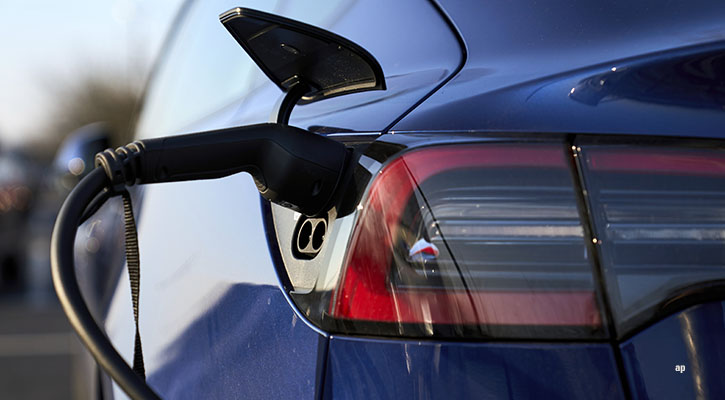
Choosing a suitable fund can be a confusing process. While the sea of offerings is vast, one of Morningstar’s core missions is to help navigate investors through it.
Selecting an environmentally friendly fund can be even trickier, with jargon and terminology adding to the confusion. SFDR, ESG, SRI. Stewardship, sustainability, climate, impact. Some of these terms might be right for your portfolio, but others might be completely wrong.
One of the key problems in sustainable investing is the differentiating nuances of green. A standardised methodology fails to capture the variation, and can sometimes lead to exclusions, or inclusions, that investors might not be aware of. And so we set out to identify some funds that actively invest to make an impact, score well on our sustainability rating, and are well rated by our analysts.
When selecting these funds, three metrics in particular became important. Firstly, the funds should score well on our Morningstar Sustainability Rating – or Globe rating – indicating the ESG risk level relative to its peers. All these funds are in the top 10%. Then, the fund should have a strategy which explicitly targets one or more sustainability theme. And of course, the funds must have a Morningstar Medalist Rating of Gold, Silver or Bronze to ensure investor confidence.
With this in mind, we ended up with four funds available to UK investors – not a large selection considering the amount of ESG offerings there are available. Another four rated funds are available with the same sustainability metrics, but, these have Medalist Ratings ranging from Negative to Neutral.
Among the four medalists, there are two thematic funds and two allocation funds; one has a Gold rating, the other three are Bronze funds. All four of them have climate action as their sustainable theme, with one also focusing on human development and resource security.
The highest rated fund is TB Guinness Sustainable Energy, a fund which is not yet a year old. However, Morningstar believes it’s worthy of a Gold rating because of a strong and sensible investment philosophy, considerable industry experience among the management team, and a cost advantage over competitors.
Here, it’s worth explaining the changes we made to our sustainable attributes last year. Morningstar defines a strategy as a "Sustainable Investment" if the use of one or more approaches to sustainable investing is central to the strategy’s overall investment process, based on its prospectus or other regulatory filings.
Beyond this, sustainable investments are categorised into two subgroups: General ESG Investments (incorporation of environmental, social, and corporate governance factors through metrics and exclusions) and what we’re using today, Sustainability Themed Investments. These strategies explicitly target exposure to one or more sustainability themes, and we have categorised these as Climate Action, Healthy Ecosystems, Basic Needs, Resource Security and Human Development.
In the case of Guinness’ fund, as mentioned, it focuses on Climate Action. That means its investments contribute broadly to the transition to a low-carbon economy, like green energy and clean tech strategies. There are also a number of subthemes found here, such as decarbonisation, climate change adaption and mitigation, and climate solutions.
One Bronze fund, Climate Assets Growth also invests in the themes Resource Security And Human Development. The former is concerned with efficient use of biological resources (water, timber, metals, minerals, gases, and all types of manufactured materials) and circular economies. However, it can also include waste management, recycling, responsible consumption, land use and forest conversion.
Meanwhile, investing for human development means enhancing human capabilities and promoting social progress; education, equality, DEI, micro-finance, or even sustainable cities and communities. Another example is the thematic healthcare fund M&G Better Health Solutions (Neutral rating), which has this as its key theme.
One caveat: most of these funds are very new. If we look at all eight of the funds in the list, only two are older than three years: 11-year old Climate Assets Balanced (10-year annualised return of 6.38%) and 14-year-old Jupiter Ecology (8.18%). But, the three funds that did have performance data for three years or more have all seen growth over that period.









:quality(80)/cloudfront-us-east-1.images.arcpublishing.com/morningstar/6BCTH5O2DVGYHBA4UDPCFNXA7M.png)



















